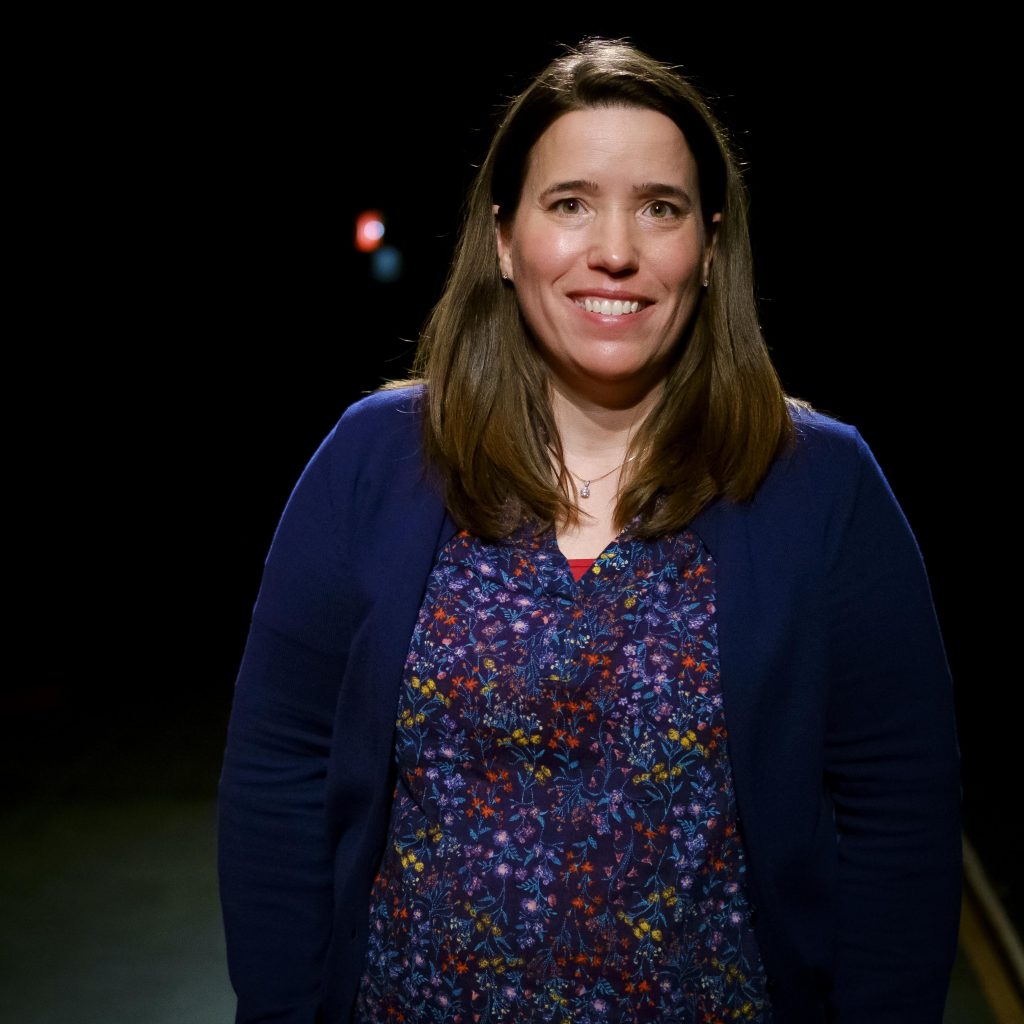
Pipe Dream sat down with Sarah Dudas, a biologist at Fisheries and Oceans Canada, a biology professor at Vancouver Island University and an adjunct assistant professor at the University of Victoria. Dudas also leads the Ecological Interactions Research Program, which studies costal ecosystems. Her work specifically focuses on microplastics and their impact on these systems. The interview has been edited for length and clarity.
Pipe Dream: When did you decide you were interested in environmental and biological research, and what caused you to go in that direction?
Sarah Dudas: It was when I was 12 or 13 years old and I decided I wanted to be an orthodontist like my dad, like many children who want to be what their parents are. Around that time my family took a trip to Australia and I did my first scuba dive in the Great Barrier Reef. It couldn’t have been a better place to experience diving for the first time, it’s an incredible place and the reef blew me away. I came up from the dive saying “That’s it, I want to be a marine biologist.” That was the deciding factor.
PD: What are microplastics, and how did your research on them begin?
SD: Microplastics are any plastic less than 5 millimeters in one dimension — so about the size of a grain of rice. I kind of came into that line of research by accident somewhat. I’m not an ecotoxicologist, I don’t have a background in studying contamination, but a lot of the work that I’ve been doing the past few years has been with the shellfish aquaculture industry, and they use a lot of plastic. And shellfish are filter feeders. So I found myself in an environment with a lot of shellfish and a lot of plastic, and as we learn more about microplastics it was a natural progression.
PD: Why is it important for you to spread your research at talks like these?
SD: It’s important to me because I see how needlessly we use plastic. And I’m not saying we shouldn’t use plastic, but there are so many ways that we don’t need to and do it without thinking, and it’s really important to share that message. Think about the plastic you’re using and whether you really need to use or not. We’re really lucky in North America that our trash is sent away to other places and most people don’t think about where it goes. We throw it away, but where is away? It depends where you live, but for us away is other places where they are literally swimming in our garbage.
PD: What do you hope the audience will get out of your talk?
SD: My goal is, hopefully, to have every single person walking out of that theater just thinking about their plastic use. And saying no to easy things — checking in to a hotel and saying no to water because it’s in a bottle and not a glass. And as consumers, that makes a difference — they will produce what consumers will buy. So if we don’t buy plastic material, producers will start to look at better packaging material. Same thing with synthetic clothing, that’s a huge source of microplastics. So today I am more underdressed than I would like, but one of my talking points is I try to find natural fiber dressy clothes. I could not stand the hypocrisy of talking about microplastics while wearing clothes that are only contributing to the problem.
PD: A lot of undergraduate students are interested in pursuing research. What advice would you give them about the research process?
SD: I think the key is to show initiative. If you’re interested in doing research, find somebody on campus or knock on a professor’s door. Graduate students always need help — what graduate student wouldn’t want a keen, capable, extra set of hands? Most graduate students would love that. I think showing that initiative and showing that interest, it can be scary and make you nervous, but sending that email, knocking on that door and showing you’re interested in what they’re doing can get you those opportunities. Just because you’re an undergraduate doesn’t mean you don’t have something you have to offer. It’s just the opposite. You’re learning and your perspective is valuable. If you’re able to answer a question and ask good questions, you can be a researcher.


